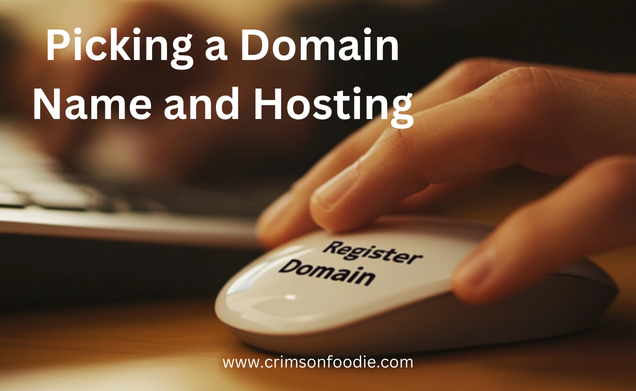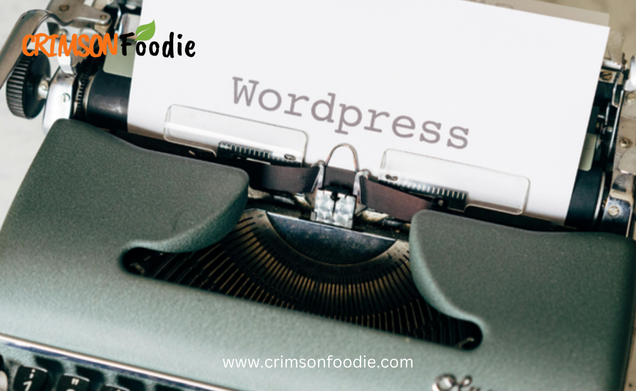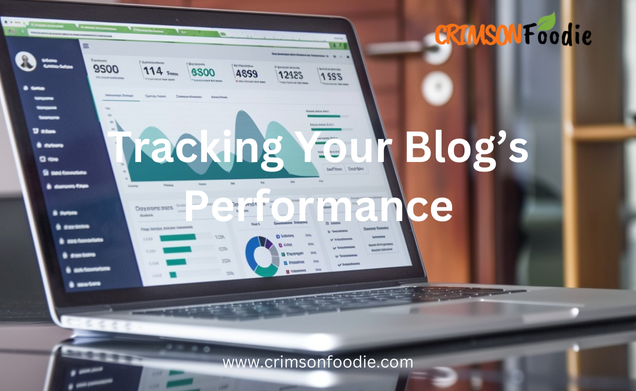Blogging has become a popular way for people to share their ideas, passions, and expertise with the world. Whether you’re looking to grow a personal brand, connect with like-minded people, or even make some extra cash, starting a blog can be an incredibly rewarding endeavor.

But like any new venture, getting started can be overwhelming if you don’t have a clear roadmap. In this guide, we’ll walk you through everything you need to know to start a successful blog, from choosing your niche to creating engaging content and promoting it effectively.
How to Start A Blog: Blogging Tips For Beginners
1. Why Start a Blog?
Blogging offers numerous benefits, both personally and professionally. Whether you’re interested in writing as a hobby or aiming to turn it into a profitable business, here are a few reasons why you should consider starting a blog:
• Personal Growth: Writing regularly helps you refine your thoughts, improve your communication skills, and grow intellectually.
• Potential to Make Money: Many bloggers earn money through ads, affiliate marketing, and sponsored posts. With the right strategy, your blog can become a lucrative source of income.
• Build a Community: Blogging allows you to connect with like-minded individuals and establish a community around shared interests.
2. Finding Your Niche
Before diving into the technical aspects, you need to identify the topic or niche of your blog. This will not only guide your content creation but also attract a specific audience. Here’s how to pick the right niche:
• Align with Your Passion: Choose a topic you’re passionate about. Blogging can take time, so make sure you’re writing about something you genuinely enjoy.
• Research Profitable Niches: While passion is important, it’s equally important to consider niches with potential for growth and monetization. Look into niches like health, fitness, personal finance, travel, or technology.
• Target Audience: Once you’ve picked your niche, think about who your ideal reader is. What are their interests, challenges, and needs?
3. Choosing the Right Blogging Platform
Now that you’ve defined your niche, it’s time to choose a blogging platform. There are many options, but the most popular platforms include:
• WordPress: The most popular and flexible blogging platform. WordPress.org allows for complete customization, but you need to find your own hosting.
• Blogger: A free platform owned by Google, great for beginners but with limited features.
• Wix: A drag-and-drop website builder that’s user-friendly but less customizable compared to WordPress.
For most bloggers, WordPress (self-hosted) is the best choice due to its scalability, SEO capabilities, and control.
4. Picking a Domain Name and Hosting
Your domain name is your blog’s address on the internet. Here’s how to pick the right one:
• Keep It Simple and Memorable: Avoid complex words or hyphens that might confuse users. Short and easy-to-spell names work best.
• Incorporate Keywords: If possible, include a keyword related to your niche for better SEO visibility.
Next, you’ll need a hosting provider to store your blog’s data. Some reliable hosting services include Bluehost, SiteGround, and HostGator.
5. Designing Your Blog
A well-designed blog enhances user experience and keeps readers engaged. Choose a theme that’s responsive (works on both desktop and mobile) and visually appealing.
• Branding Your Blog: Create a logo and use a consistent color scheme to establish your blog’s identity. Tools like Canva can help you create a professional logo without any design experience.
6. Essential Plugins for WordPress Bloggers
To improve functionality and optimize your blog, install some essential plugins:
• SEO Plugins: Use plugins like Yoast SEO or Rank Math to optimize your content for search engines.
• Security Plugins: Protect your blog from attacks with plugins like Wordfence or Sucuri.
• Performance Plugins: Enhance your blog’s speed with plugins like WP Rocket or W3 Total Cache.
7. Creating High-Quality Content
Creating content that resonates with your audience is key to your blog’s success. Remember, content is king.
• Writing Engaging Blog Posts: Focus on providing value to your readers. Use a conversational tone, address common problems, and offer solutions.
• Content Calendar: Plan your content in advance and stay consistent. Aim for at least one new post per week.
• SEO Optimization: Research keywords using tools like Google Keyword Planner or Ubersuggest, and naturally incorporate them into your content.
8. Promoting Your Blog
Creating great content is only half the battle. You need to promote your blog to attract readers:
• Social Media: Share your posts on social platforms like Facebook, Instagram, and Pinterest to reach a wider audience.
• Networking with Other Bloggers: Build relationships with fellow bloggers in your niche. You can collaborate, guest post, and share each other’s content.
• Email List: Create an email list early on to keep readers engaged and drive traffic to your blog.
9. Monetizing Your Blog
Once you’ve built up a steady stream of traffic, it’s time to think about monetization:
• Affiliate Marketing: Recommend products or services related to your niche and earn commissions when readers purchase through your links.
• Display Ads: Platforms like Google AdSense allow you to display ads on your blog and earn money for every click or impression.
• Selling Products or Services: Offer eBooks, online courses, or services related to your blog’s niche to increase revenue.
10. Tracking Your Blog’s Performance
It’s essential to track how your blog is performing to understand what works and what doesn’t.
• Google Analytics: This tool allows you to see how many visitors your blog gets, where they come from, and what content they engage with the most.
• Search Console: Monitor how your blog performs in Google search results and fix any issues like broken links or slow page speeds.
11. Staying Consistent and Motivated
Blogging takes time, so it’s important to stay motivated, even when results aren’t immediate.
• Avoiding Burnout: Set realistic goals for your blog and celebrate small milestones along the way.
• Consistent Posting: Consistency is key to growth. Even if you can only post once a week, make it a habit.
12. Common Blogging Mistakes to Avoid
Many beginners fall into common traps that can hinder their success. Here are a few mistakes to avoid:
• Ignoring SEO: Search engines are a major source of traffic. Don’t neglect optimizing your content.
• Inconsistent Posting: If you don’t post regularly, readers will lose interest.

13. Learning and Adapting as a Blogger
The blogging landscape is always changing. To stay relevant:
• Continuously Learn: Keep up with the latest trends in SEO, social media, and content marketing.
• Embrace Feedback: Listen to your audience and adjust your content strategy based on their needs and preferences.
14. Legal Aspects of Blogging
There are a few legalities you should be aware of as a blogger:
• Privacy Policy: If you collect personal data (like email addresses), you need a privacy policy on your site.
• Copyright: Protect your content from being stolen, and ensure you’re not infringing on anyone else’s copyright.
Final Words
Starting a blog can be a fulfilling journey, whether you’re doing it for personal growth or to build a business. By following these tips—from choosing a niche to monetizing your blog—you’ll be well on your way to creating a blog that stands out. The key is to stay consistent, continue learning, and, most importantly, enjoy the process.






